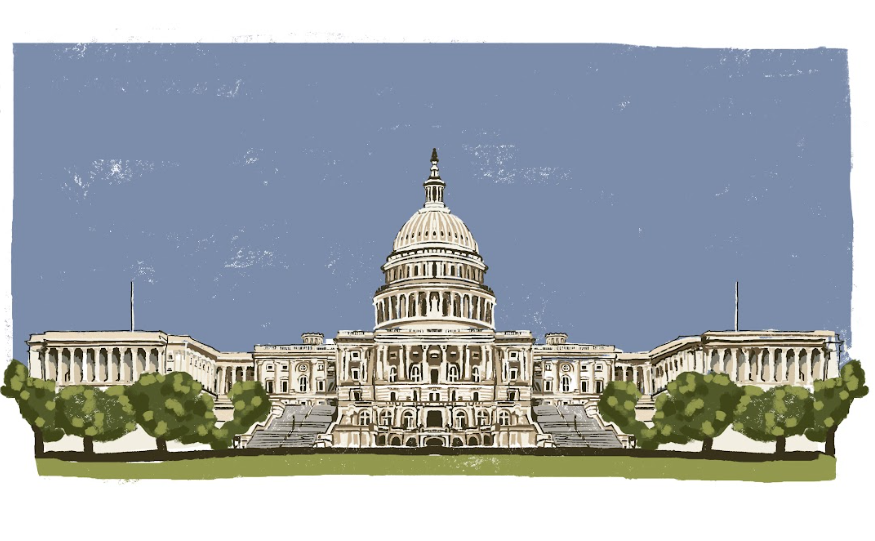In today’s day and age, there are many ways a person can get “canceled” by the media. Most often, this is due to offensive remarks or abuse scandals. But what is the true cost of being canceled? Generally, it has been slim to none. People like Chris Brown, Marilyn Manson and Courtney Love have felony assault charges yet have served little to no time in prison. Other artists like Kanye West, Matty Healy and John Mayer have all made racist and anti-Semitic remarks without consequences. Instead, these people have continued to be praised for their art, whether it be music or film.
Many actors and producers in the film industry have faced some type of felony charge. Louis C.K., for example, is an American comedian accused of masturbating in front of multiple women without their consent in 2017. He later admitted to the sexual misconduct, stating, “These stories are true,” but he was never charged for these crimes. Though C.K. has admitted to the misconduct, the industry has continued to welcome him with open arms. He even won a Grammy for Best Comedy Album in 2022 for his stand-up comedy film “Sincerely, Louis C.K.” where he jokes about the allegations.
Similarly, Marilyn Manson, a goth singer, faced rape and sexual assault allegations from multiple women. Manson was also nominated for a Grammy in 2022, despite the allegations against him and the public’s attempts to cancel him. Manson has continued to make music and be supported, regardless of the controversies he has been involved in.
On the other side of the controversy, J.K. Rowling — a British writer who created the Harry Potter franchise — came under fire for making transphobic remarks in June 2020. It was also pointed out that there was very little diversity within her fictional Harry Potter universe, with no major characters of color. Rowling was also called out online for having only one East Asian character in the series, with a considerably racist name: “Cho Chang.” Through all these allegations and controversies, Rowling continues to be supported by readers and other celebrities.
So in all, why do we continue to support artists who have continuously presented themselves poorly? The simple answer that many would say is that art is not bound to the artist; however, this is not entirely true. While the concept and role of art in society has changed throughout history, the general idea has stayed the same: artists can represent their feelings and opinions through their creations. The famous philosopher Aristotle once wrote, “The aim of art is to represent not the outward appearance of things, but their inward significance,” and this continues to be true.
Persistently supporting artists after they have made poor decisions, whether that be controversial remarks or allegations made against them, creates poor precedents for all celebrities. Ideally, artists would be kept in check by their industries, but ultimately, this is up to the general public. If consumers no longer support a disgraced artist’s work, the artist cannot do anything about it. If artists continue to be supported by consumers and carry on with their success, we as a society are condoning the behavior the artist has displayed.
Allowing artists to be disassociated from their actions also creates bad role models. Oftentimes, dishonored artists face little to no solid repercussions; they only get a little scolding from the public before everyone excuses the behavior and forgets. These artists should not be put above normal standards; they should receive the same consequences as any normal person. Many teenagers and young adults look up to celebrities, and allowing these celebrities to get away with things simply because they create something that people might enjoy creates poor standards for impressionable people. If anything, celebrities should be showing that our culture is all-inclusive and secure, not that someone can assault people and get away with it.
Celebrities should not get different treatment than others when it comes to malicious acts. While there are such things as headless mistakes, celebrities should still be held to a standard of decency. Artists express themselves, emotions and thoughts through art, and allowing them to continue to be unwavering can mangle our society.










